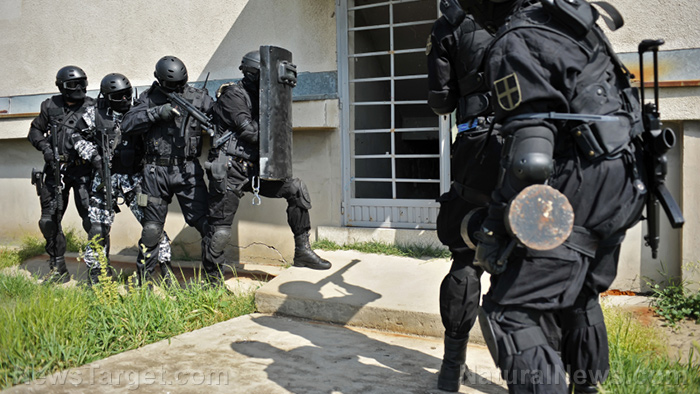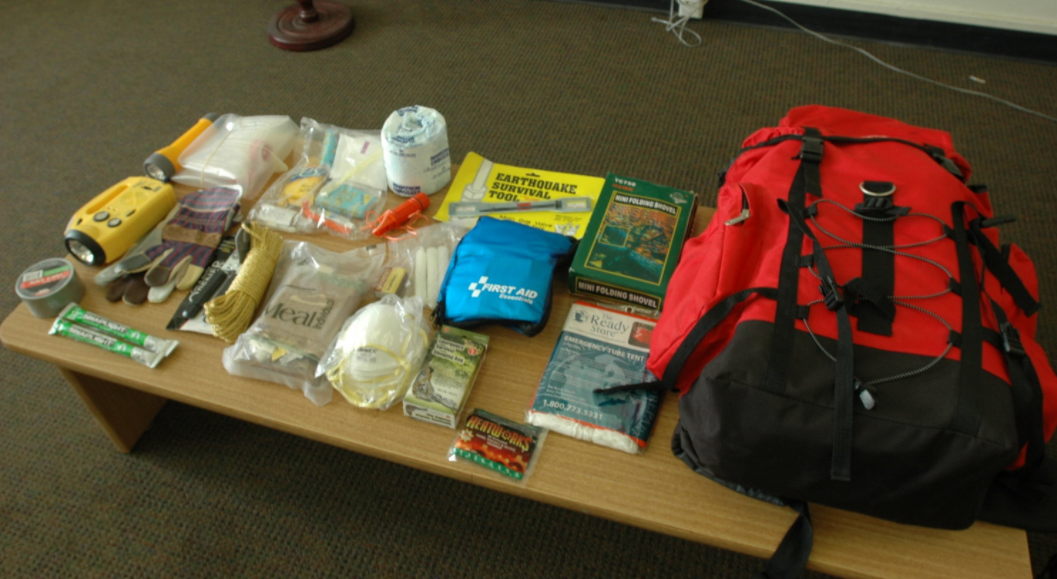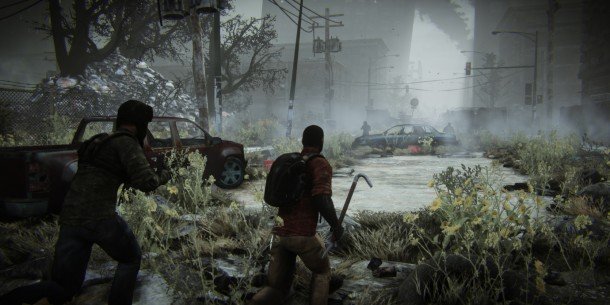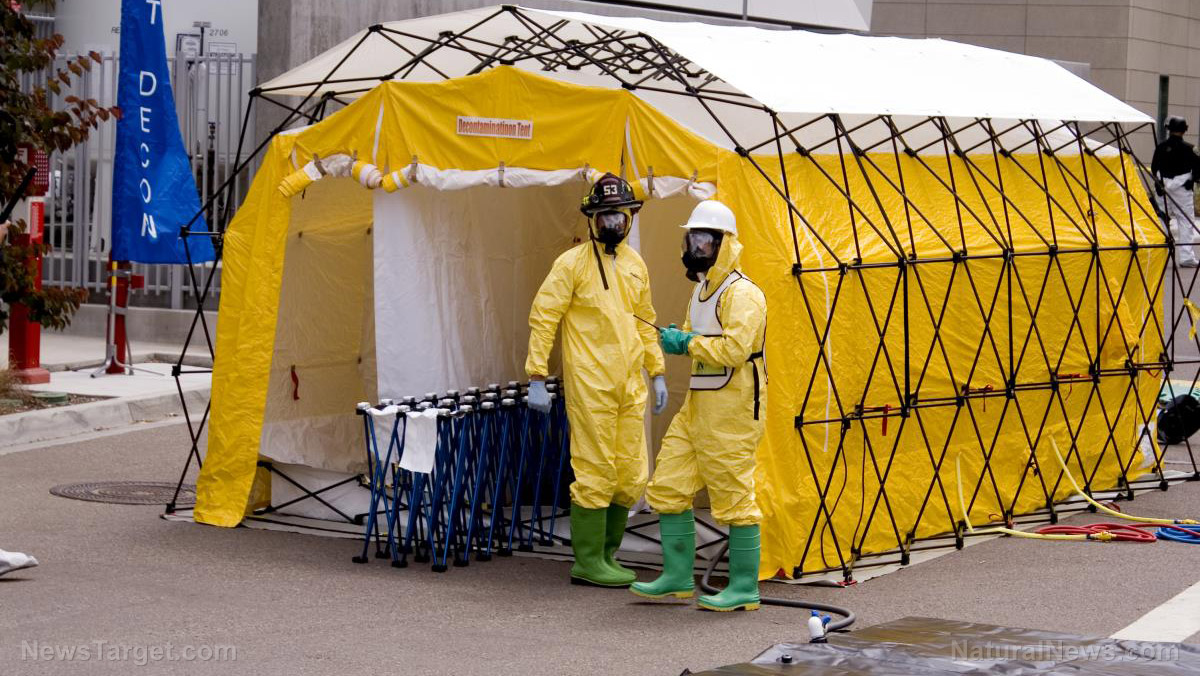Practice makes perfect: Soft skills for the well-rounded prepper
02/27/2019 / By Jose Lopez
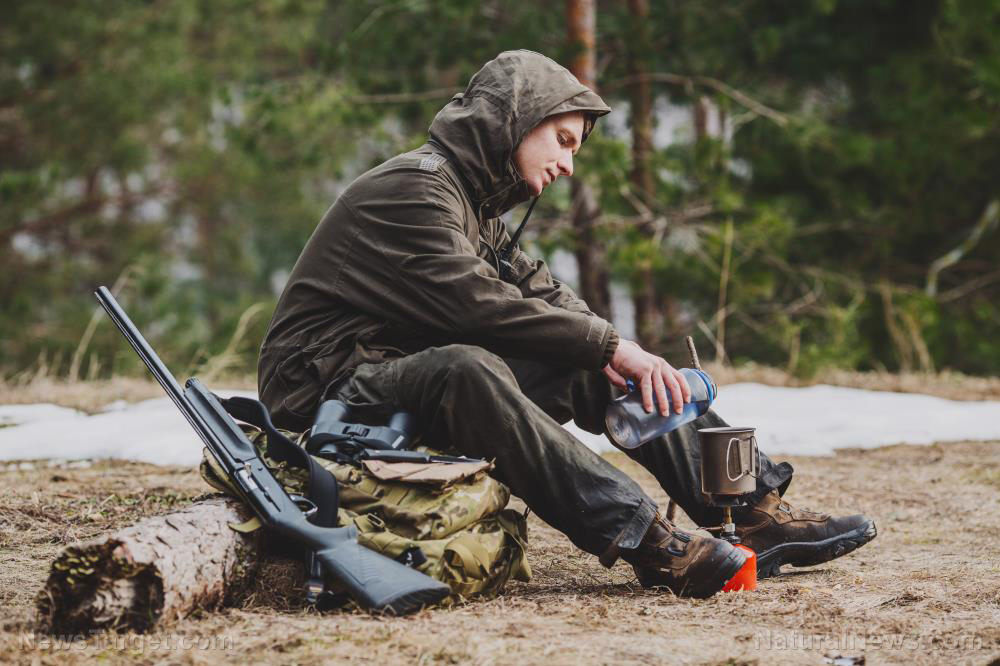
When SHTF and everything falls apart, everything that a prepper needs to survive is found between his ears. We’re talking about the skills he has learned, of course, for without them, all the handheld tools and equipment he has store are useless. (h/t to TimGamble.com)
Hard skill vs. soft skill
For preppers, survival skills can be divided into hard and soft skills.
Hard skills are abilities that can be taught to us by others. These are also specific, meaning they can be defined and measured. Common hard skills that we use every day include reading, writing, driving, and using a computer or a phone.
Soft skills, on the other hand, are less tangible and difficult to measure. In particular, they are the ways which you relate to and interact with people. Sometimes they are called “interpersonal skills” or”people skills.” Examples of these are teamwork, communication, leadership, and patience.
Survival and prepping guides usually emphasize hard skills such as bushcraft, first aid, setting up shelter, self-defense, and so on. But soft skills are equally important, especially since working with others increases our chance of survival.
Fortunately, soft skills can also be learned and developed. Here are some skills you will find useful during survival situations:
- Logical and critical thinking. Confusion and panic reign during disaster situations. Remaining calm, thinking clearly, and using reason instead of emotions will enable you to pull out of that situation intact.
- Adaptability. This refers to the ability to change or adjust yourself to best meet the needs of the present situation or environment. A disaster throws our normal way of life upside down. We should be able to recognize and accept what has changed, and act from that understanding.
- Creative thinking. As stated above, a disaster throws our normal way of life upside down; therefore, we can’t think the way we normally do. We have to think of new ways to confront situations after SHTF.
- Organization and time management. When a disaster totally disrupts the normal pace of life, many things cry out to be done all at the same time. You can’t allow yourself to get overwhelmed; otherwise, your chance of survival diminishes significantly. You still have to take action one step at a time.
- Listening and communicating skills. You may find yourself with other people during a disaster. Being able to listen to and understand others well greatly increases your chance of survival. The same is true for explaining your ideas and making yourself understood.
- Networking and social skills. It’s quite hard to survive a disaster on your own. Finding, meeting, and getting along with other preppers enable you to prepare for and handle the multiple — and sometimes simultaneous — challenges that arise during a crisis.
- Teamwork. Many preppers want to be like the mountain men of old. Individualists, they want to head for the boondocks on their own. But there are situations when you may have to work with other people, such as security and medical aid. Your ability to cooperate and compromise will be very helpful in this regard.
- Leadership. Being a leader isn’t about telling others what to do; it’s about your companions following your example and trusting you for their survival.
- Responsibility and work ethic. Preparing for disaster takes a lot of planning and hard work. You must become responsible for your own life now and take the necessary actions that will help you survive any disaster.
Sponsored solution from the Health Ranger Store: Lab-verified Nascent Iodine solution is a dietary supplement that provides your body with supplemental iodine to help protect your thyroid during radiation exposure. Nuclear accidents such as Fukushima (or nuclear war) can expose your body to radioactive iodine-131, a dangerous radioisotope. Pre-loading your system with stable iodine occupies the iodine receptor sites on your organs, causing your body to naturally expel radioactive iodine you may have been exposed to through air, food, water or milk products. This defensive strategy is recommended by nearly all health authorities, worldwide, including the Nuclear Regulatory Commission. Discover more at this link.
Just like hard skills, soft skills can be learned. Trainers and courses are available in local colleges or community that teach these skills. You just need to be honest in assessing yourself. And just like hard skills, you need to practice — and practice some more.
Sources include:
Tagged Under: chaos, communication skills, creative thinking, critical thinking, disaster, interpersonal skills, leadership, logical thinking, networking, organization, people skills, preparedness, prepping, Responsibility, SHTF, soft skills, survival, teamwork, time management, work ethic







